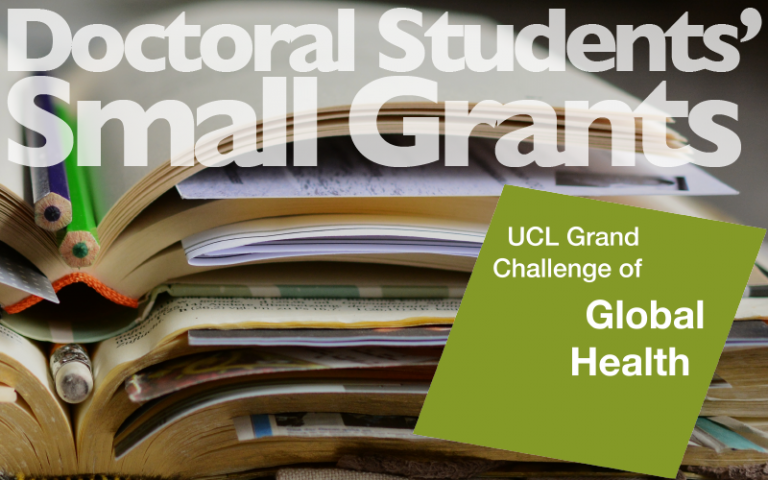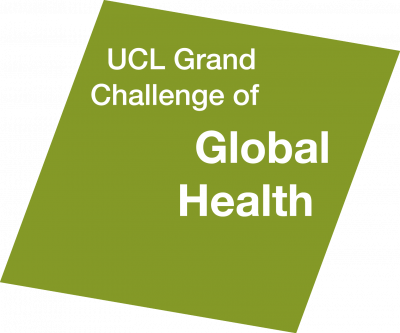Membrane Bioreactor of Electro-Conductive Nanocomposite for Hospital Wastewater Treatment
This project brought together researchers in the faculties of Mathematical & Physical Sciences and Medical Sciences to test a new method to remove microbes from wastewater in hospitals.

10 April 2019
The aim of this research is testing the anti-microbial and antibiofilm activity of microporous electroconductive filter membrane to be used as an anode in microbial fuel cells (MFCs) for hospital effluents treatment. Using a membrane like this could stop the spread of bacteria from hospital wastewater, as well as allowing for the development of a fuel cell powered by bacteria.
The two main objectives of the study were to determine:
- the impact of the membrane on removing microbes from the wastewater
- the antimicrobial and antibiofilm activity of the applied electrical current
The study required expertise in both bacterial adhesion to surfaces and surface preparations. By working together the students benefitted from each others' background and experience.
Findings
The work involved preparing and investigating different surfaces and variable water contact angles. Some surfaces showed promising adhesive results for bacteria, which could be developed into a method for removing them from wastewater. They also found some antimicrobial effect.
Further Plans
Some surfaces showed promising adhesive behavior for bacteria which could be developed into a method for removing them from wastewater. There are plans to test the ability of these membrane sieve out other bacteria. Further research will test the ability of surfaces to gain electrons from bacteria, this would allow them to be used as electrodes in microbial fuel cell technology.
The ultimate aim of this work is to develop an anodic biofilm membrane to be used in microbial fuel cells (MFCs).
 Close
Close


